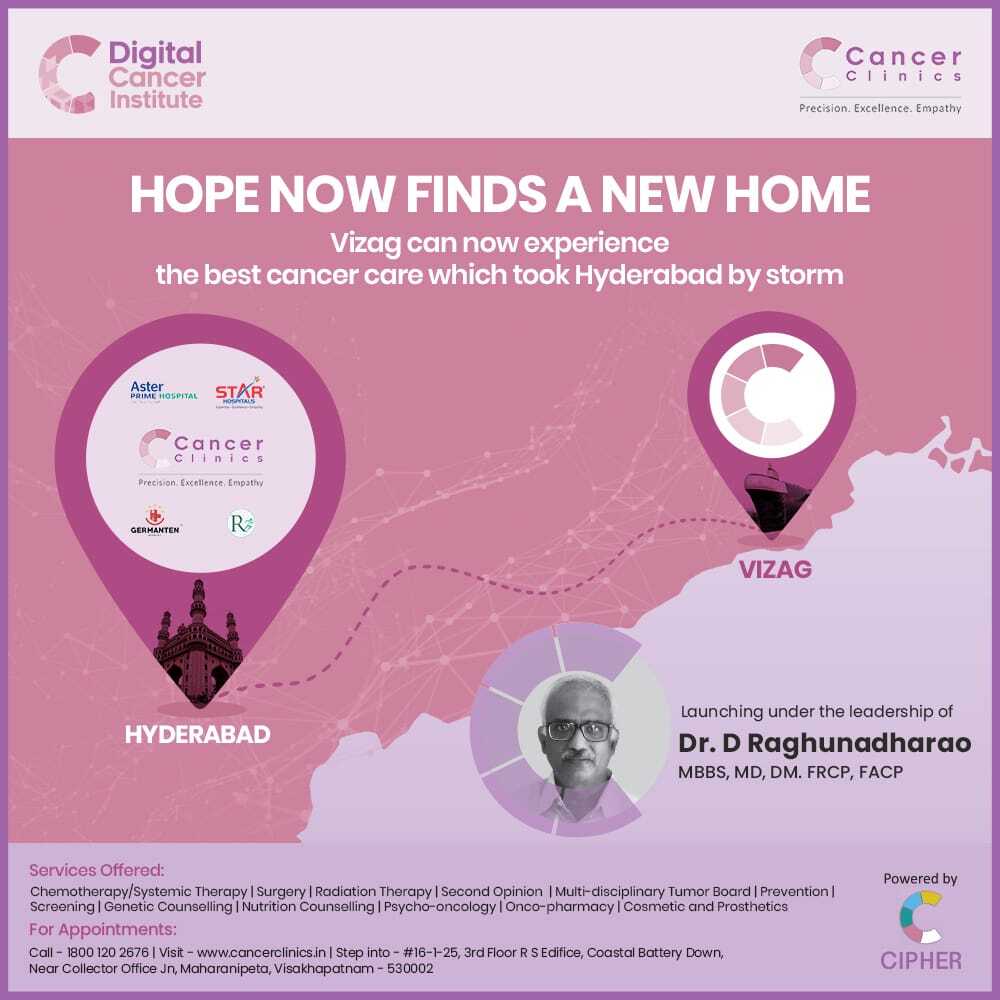Knowing you have cancer and that you now have to go through treatment is a difficult step for any individual. Cancer treatment is a complex process involving time, effort and money and should be managed carefully by both the doctor(s) and the patient. Do remember that you are not a silent bystander but have a key role to play in the management of the treatment process. There are several things you can undertake to ensure that the process is made a little less difficult for you.
The Managing Treatment section provides you information about the following:
- Managing the emotional impact of treatment
During one's cancer treatment journey coping emotionally is very important as the lack of it might degrade the individual's adherence to treatment. Not only the cancer diagnosed individual but also the carer might experience some emotional irregularity. Understanding some of the emotional changes an individual experiences while undergoing treatment and helping them handle this using various techniques, is important. This section aims at providing you an understanding of the various emotions experienced and ways that might help improve your mood and quality of life.
- Managing the physical impact of treatment
During one's cancer treatment journey coping with the physical factors is important. It is important that one must understand some of the physical changes an individual might experience while undergoing treatment. This section provides an insight into these physical changes and gives some helpful ways in which to handle these changes.
- Caring for the carer
When someone close to you is diagnosed with cancer, you can be going through an emotional roller coaster, no matter what relation you share with them. Carer burden is one of the important factors that exists which the carer usually tends to ignore. Understanding how to support the individual taking care of the cancer patient throughout the treatment process is comprised of many things.
- Life after cancer
A state of confusion is known to exist after an individual finishes the cancer treatment journey. It takes one a while to adjust to the normal setting of everyday life. There is much to gather before leaving the treatment experience behind. Suggestions on how to manage life after completion of the cancer treatment is well defined in this section.
- Palliative care
The standardised treatment of cancer may or may not work depending on the time at which cancer is diagnosed. When the hope of a normalised treatment fails, one should understand the options available. Understanding options available to an individual if the cancer treatment process is not as successful as originally hoped is explained in this section.
